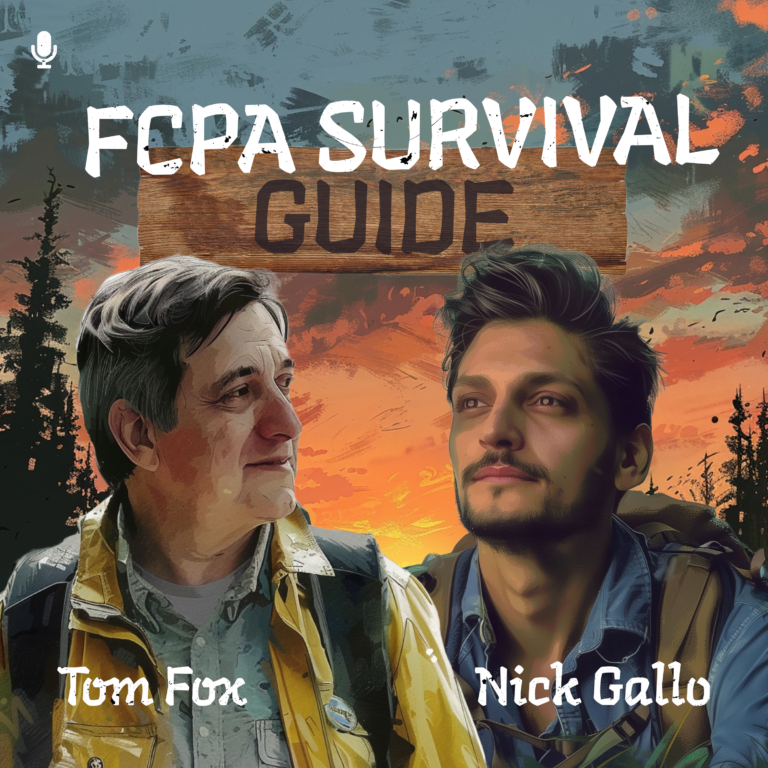How can you survive an FCPA enforcement action? In this special podcast series, Tom Fox and Nick Gallo outline the Top 10 things you can do to reduce your overall fine and penalty, perhaps down to a complete declination.
All of the actions you can take come from recent DOJ prosecutions under the FCPA and speeches from DOJ representatives.
This podcast, sponsored by Ethico, is the companion series to the book The FCPA Survival Guide: Surviving and Thriving a Foreign Corrupt Practices Act Enforcement Action.
Today, we discuss the DOJ mandate of timely self-disclosure.
The first lesson in the FCPA Survival Guide is the DOJ’s emphasis on self-disclosure by companies in legal scenarios involving misconduct. Highlighted through the cases of ABB and others, Tom and Nick illustrate the substantial financial leniency the DOJ offers to companies that proactively self-disclose their misconduct versus those that do not.
The DOJ emphasizes the timing of self-disclosure in addition to the self-disclosure itself. Through conversations with experts and analysis of specific cases, Tom and Nick demonstrate the DOJ’s strategy to incentivize self-disclosure and the significant financial implications of either failing to disclose or disclosing in a timely and genuine manner.
Key Highlights and Issues:
- The Importance of Self-Disclosure in DOJ Cases
- Analyzing the ABB Case: Lessons on Self-Disclosure
- DOJ’s Clarity and Intent in Compliance and Self-Disclosure
- The Critical Timing of Self-Disclosure: The Albemarle Case Study
- Financial Implications of Failing to Self-Disclose: The SAP Example
- Conclusion: The DOJ’s Priority on Self-Disclosure
Resources:
Nick Gallo on LinkedIn
The FCPA Survival Guide: Surviving and Thriving a Foreign Corrupt Practices Act Enforcement Action
Tom



